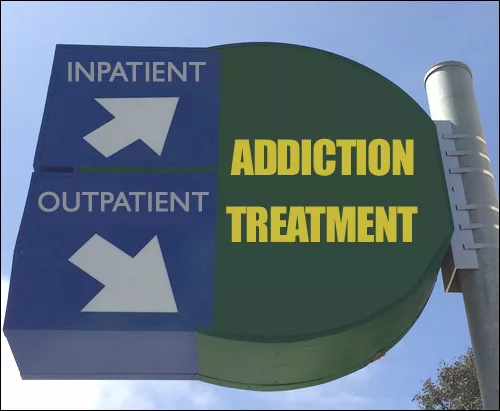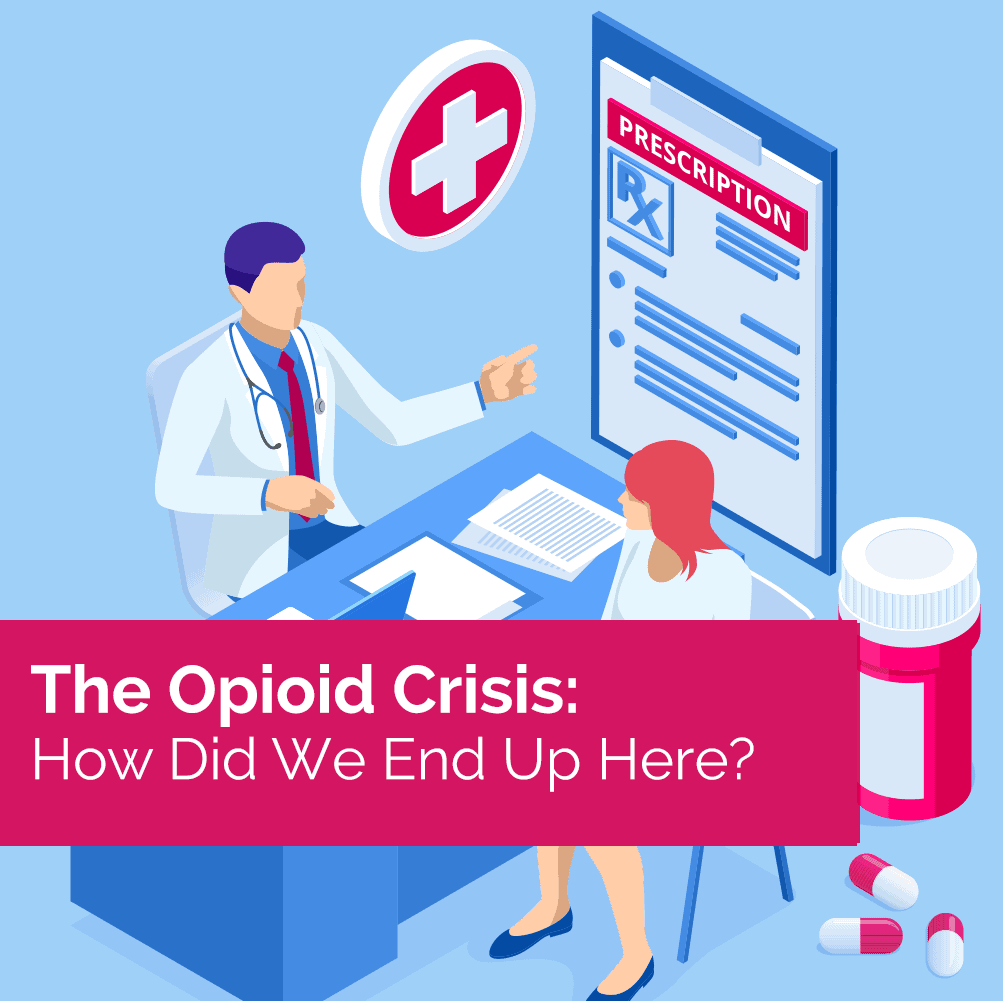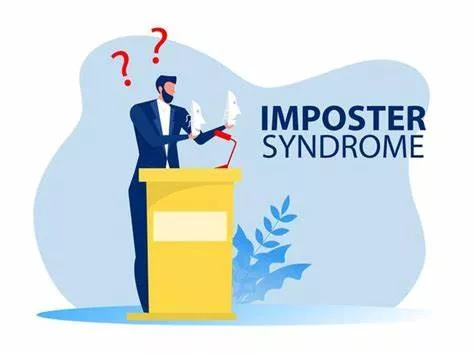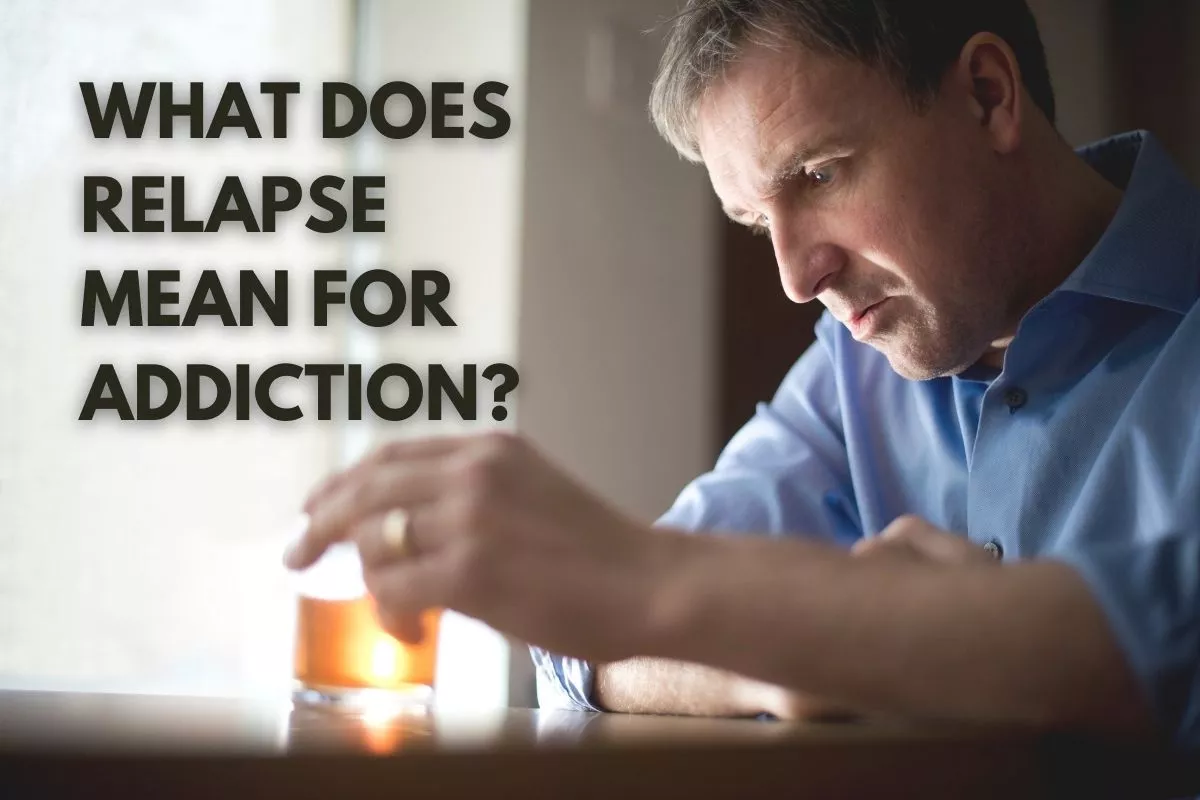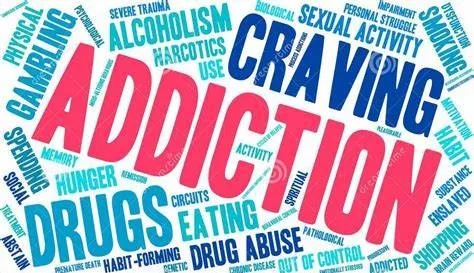Self-doubt in drug recovery
Embarking on the journey of drug recovery is transformative but has common challenge: self-doubt. In this exploration, we’ll delve into self-management strategies, the importance of family support, and the valuable role of community resources. Together, these elements form a tapestry of resilience, empowering individuals to navigate self-doubt and move towards lasting recovery. Overcoming Self-Doubt in … Read more

